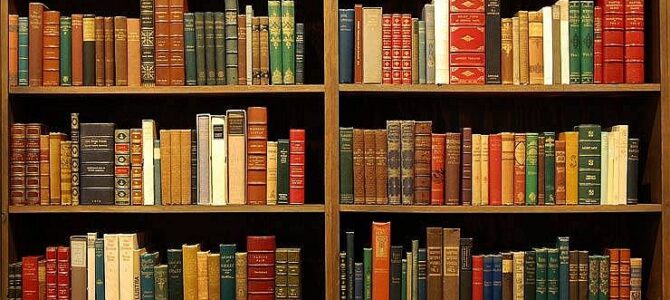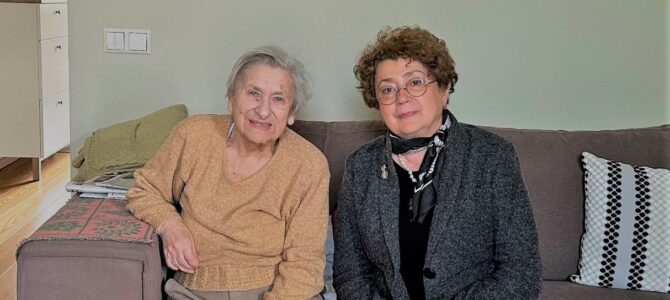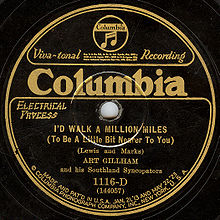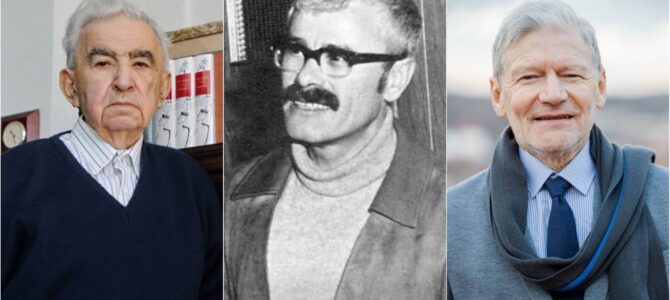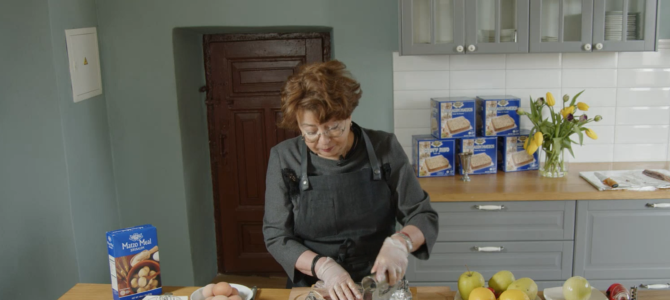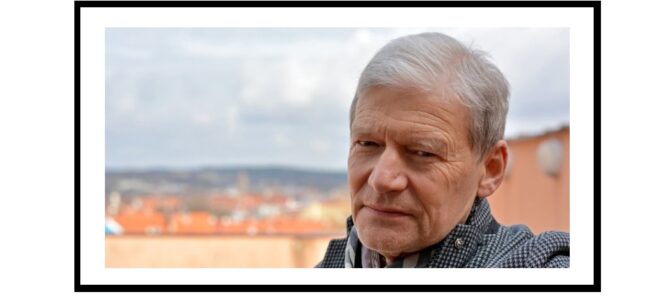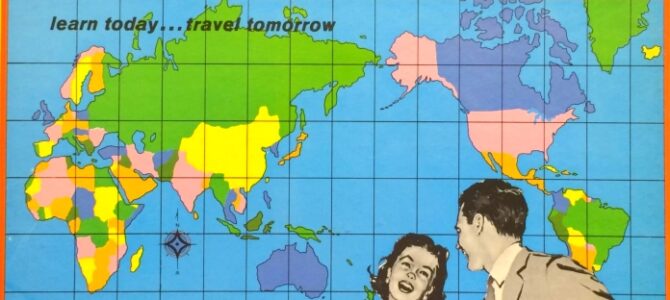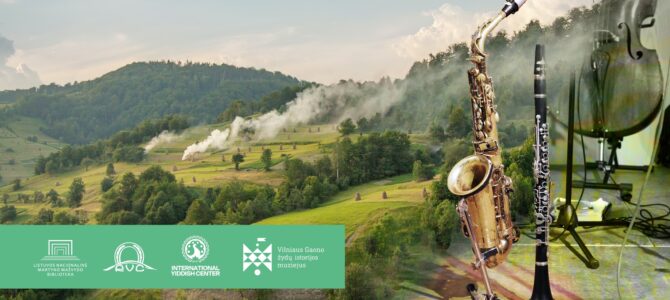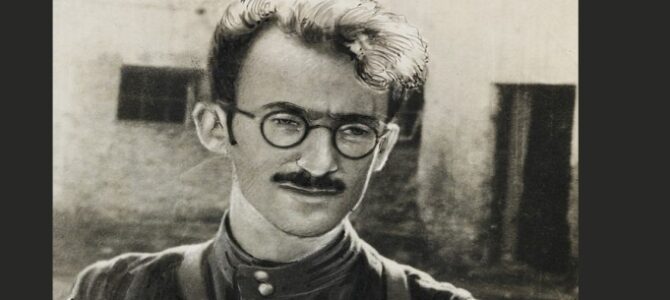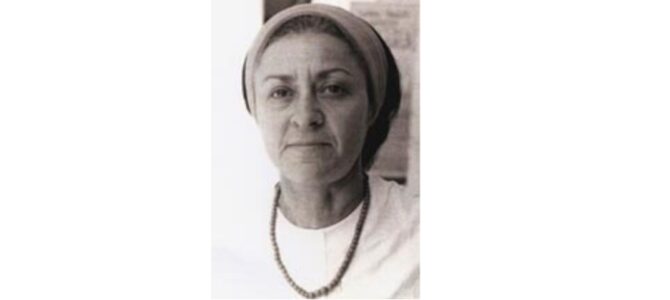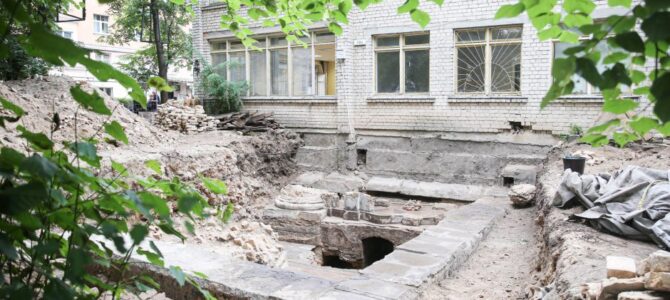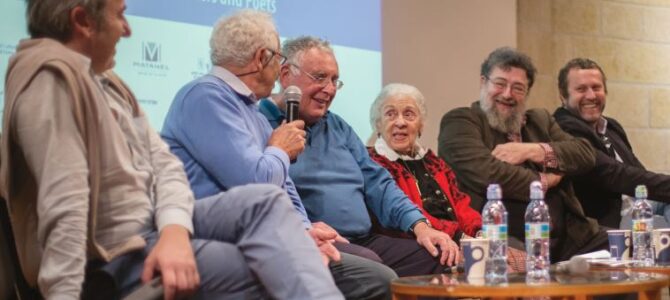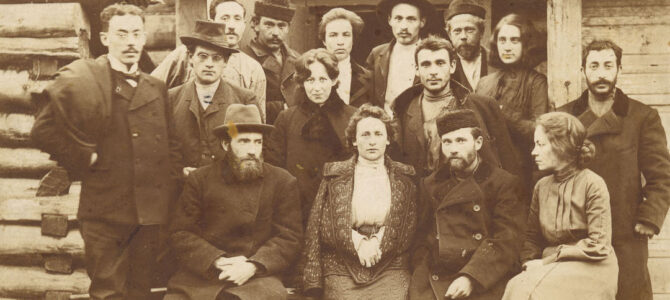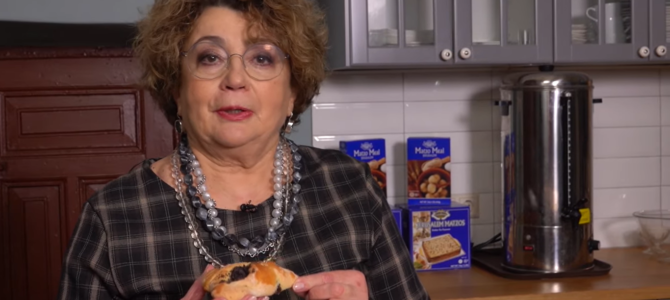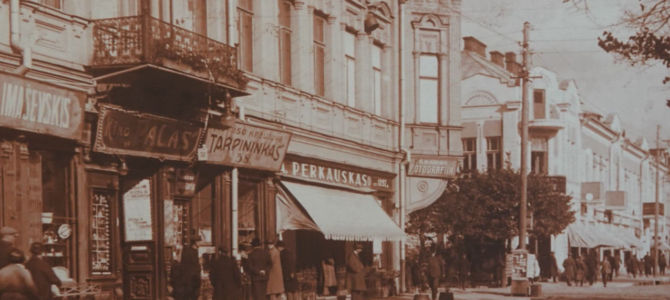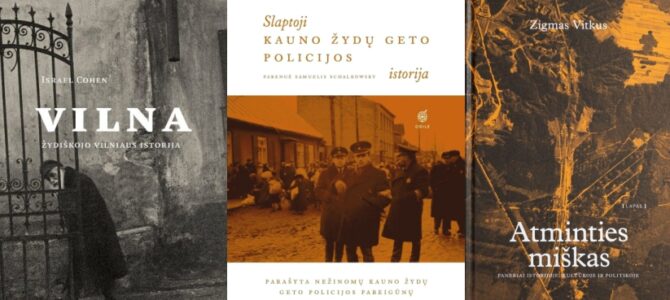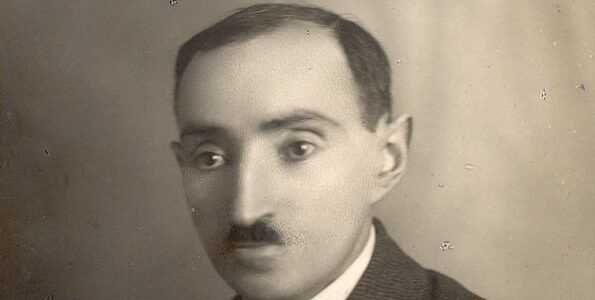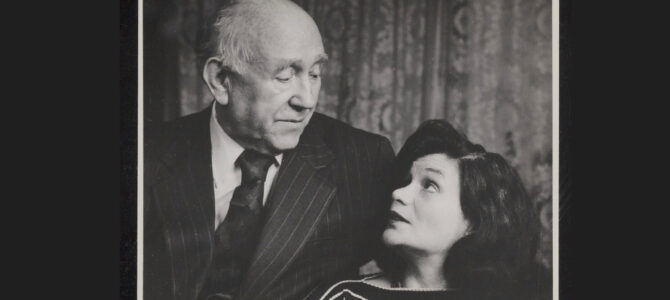Photo: Chaim Grade and his wife Inna Hecker Grade in the United States in 1978. They met in Moscow in 1945. Courtesy YIVO Institute for Jewish Research.
by Andrew Silow-Carroll, jta.org, February 5, 2023
JTA–Years ago, when I worked at the Forward, I had a cameo in a real-life Yiddish drama.
A cub reporter named Max Gross sat just outside my office, where he answered the phones. A frequent caller was Inna Grade, the widow of the Yiddish writer Chaim Grade and a fierce guardian of his literary legacy. Mrs. Grade would badger poor Max in dozens of phone calls, especially when a Forward story referred kindly to the Nobel laureate Isaac Bashevis Singer. Grade’s widow described Singer as a “blasphemous buffoon” whose fame and reputation, she was convinced, came at the expense of her husband’s.
As Max explains in his 2008 memoir “From Schlub to Stud” Mrs. Grade “became a bit of a joke around the paper.” And yet in Yiddish literary circles, her protectiveness of one of the 20th century’s most important Yiddish writers was serious business: because Inna Grade kept such a tight hold on her late husband’s papers–Chaim Grade (pronounced “Grah-deh”) died in 1982–a generation of scholars was thwarted in taking his true measure.
Inna Grade died in 2010, leaving no signed will or survivors, and the contents of her cluttered Bronx apartment became the property of the borough’s public administrator. In 2013 Chaim Grade’s personal papers, 20,000-volume library, literary manuscripts and publication rights were awarded to the YIVO Institute for Jewish Research and the National Library of Israel. They are now stored in YIVO headquarters on Manhattan’s West 16th Street.
